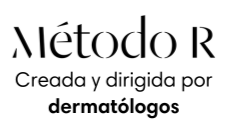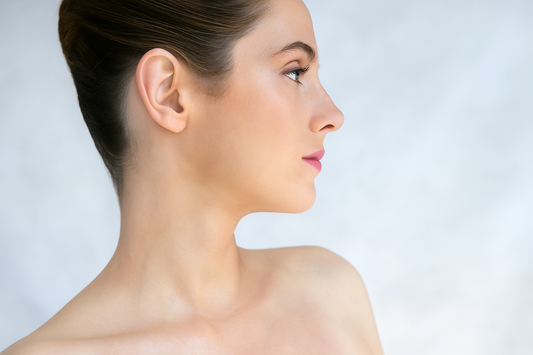Alcohol has always maintained a love-hate relationship with cosmetics and, consequently, with the care of our skin. It is true that this compound has always been used in cosmetic formulations since by breaking the lipid barrier, it allows the cosmetic to penetrate the skin better.
It also works as a solvent, allowing the formulations to be homogeneous and eliminating bacteria, just as hydroalcoholic gels do to clean hands. However, alcohol does not differentiate between good and bad bacteria, and those same functions that initially may seem beneficial, in the long run, deteriorate the skin barrier.
We have all seen how since the beginning of the pandemic the use of hydroalcoholic gels has dried out our hands, causing irritation and other problems. This is because our skin needs water, lipids and its microbiota to be healthy, and because of alcohol we can expose ourselves to a breakdown of our protective barrier.
A very common mistake in people with oily skin and a tendency to have acne is choosing facial products with alcohol, which has a positive effect in the short term, but the drawback is that its use generates a rebound effect and in the long run ends up enhancing the appearance of acne. acne breakouts, excessive sebum production and the appearance of other skin diseases.
Our advice is that regardless of the type of skin you have, cleanse your skin in the morning and evening with a gentle cleanser, syndet, and add a gentle exfoliation to your routine 1 or 2 times a week if you have dry or normal and up to 3 times a week if you have oily skin. Additionally, include products with retinoids and/or glycolic acid in your routine to control excessive sebum production in the skin. These ingredients do not have the immediate effect as visible as alcohol but they have a very positive effect in the long term.
In short, we believe that alcohol is an ingredient to avoid due to its high potential for irritation, which is not always immediate and can sensitize the skin over time, and that it also removes lipids and proteins, weakening the lipid mantle.
Of course, we must differentiate between the different alcohols, since not all of them are bad. This is how they appear on the ingredients list of the creams:
- Good alcohols, those that are natural and moisturizing: Cetyl Alcohol , Stearyl Alcohol , Cetearyl Alcohol , Isostearyl Alcohol , Myristyl Alcohol , Behenyl Alcohol, etc.
- Bad alcohols: Alcohol, Alcohol Denat, Isopropyl Alcohol, SD Alcohol, Benzyl Alcohol. ..
We recommend that you try to avoid using products with alcohols (SD alcohol, denatured alcohol (SDA), ethyl alcohol and isopropyl alcohol) very frequently and look for syndet facial cleansers. This way you will notice a visible improvement, prioritizing the health of your skin.




